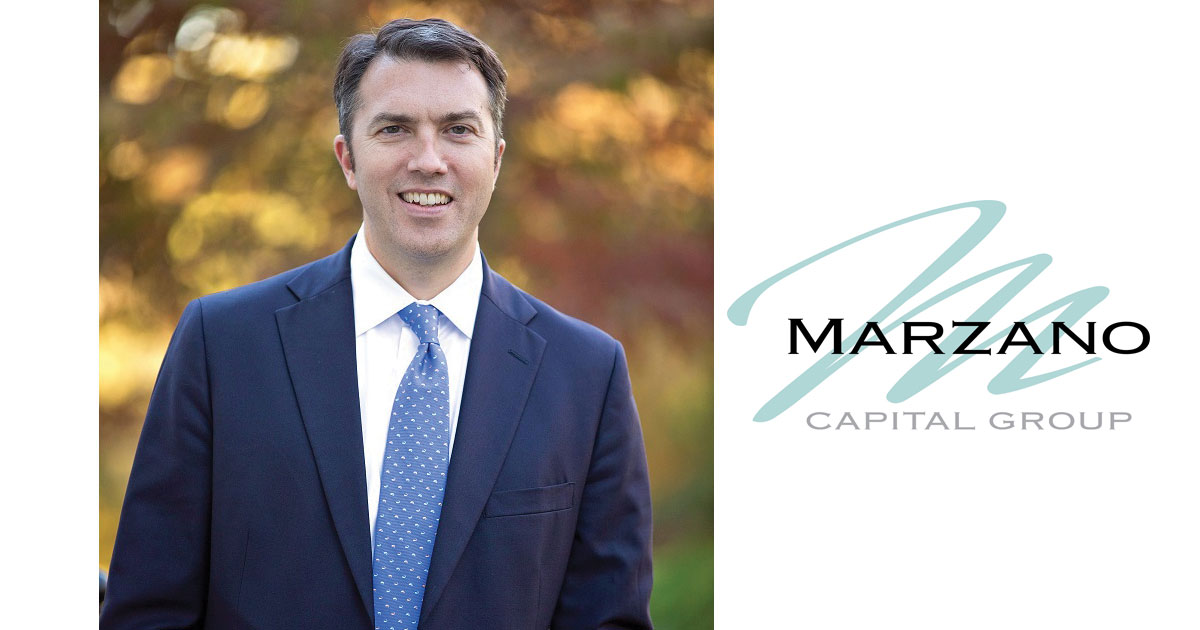By Steven Gallo, CFP®
Financial Advisor
As we settle into 2018, some of us have turned our attention to sticking to our New Year’s resolutions. It’s a great opportunity to get one’s financial house in order! To that end, here are some suggested financial resolutions to start your new year off right.
- Create a Financial Plan
Consult with an experienced financial advisor to create a customized financial plan. This is a personal financial roadmap designed to gauge whether you are on track to securing a comfortable retirement.
- Create / Review Your Estate Plan
It is estimated that more than half of adult Americans do not have a current estate plan. A comprehensive set of estate planning documents should include a Last Will and Testament, Financial Powers of Attorney, Advance Health Care Directives, and possibly a Revocable Trust.
- Start a 529 Plan for Children or Grandchildren
If you have young children or grandchildren, it may be a good time to start a college savings program. 529 Plans are flexible, tax-efficient savings accounts that anyone can start for college-bound beneficiaries. Earnings that are used for higher education escape income taxes.
Donors may also get a state income tax deduction for their contributions to these accounts. Federal gifting rules allow donors to make tax-free gifts of as much as $14,000 annually.
Prior to investing in a 529 Plan, investors should consider whether the investor’s or designated beneficiary’s home state offers any state tax or other benefits that are only available for investments in such state’s qualified tuition program. Withdrawals used for qualified expenses are federally tax free. Tax treatment at the state level may vary. Please consult with your tax advisor before investing.
- Review / Rebalance Your Asset Allocation
If you’ve been invested in equities since the economic downturn of 2008-09 you’ve benefited from one of the longest bull markets in recent memory, but you may now be over-weighted in equities as a result. This could be a good time to take some profits and rebalance and diversify your investment portfolio.
There is no guarantee that a diversified portfolio will enhance overall returns or outperform a non-diversified portfolio. Diversification does not protect against market risk.
- Create a Personal Information Guide
Gather all your personal financial information in a personal information guide. Include bank and investment account information, contact information for your attorney, accountant, financial advisor and insurance agent, and your legal documents such as estate planning documents and real property records.
If you were to become ill or die, having these records in a safe place will help your loved ones manage your affairs in a time of grief.
This is not an exhaustive list, but these are some of the steps you can take to strengthen your personal financial life. It’s never too early or too late to organize and plan for the financial security of you and your loved ones.
Securities offered through LPL Financial, Member FINRA/SIPC, Investment advice offered through Independent Advisor Alliance, a registered investment advisor, Independent Advisor Alliance and Marzano Capital Group are separate entities from LPL Financial.


















